

TMJ (temporo-mandibular joint) Pain is due to multiple factors. The TMD (temporo-mandibular pain disorder) Clinic or Orofacial Pain Clinic provides care to patients with TMJ, jaw, head, and/or neck pain disorders.
The temporo-mandibular joint acts like a sliding hinge, connecting your jawbone to your skull. You have one joint on each side of your jaw. TMJ disorders — a type of temporomandibular disorder or TMD — can cause pain in your jaw joint and in the muscles that control jaw movement. The exact cause of a person’s TMJ disorder is often difficult to determine. Your pain may be due to a combination of factors, such as genetics, arthritis or jaw injury. Some people who have jaw pain also tend to clench or grind their teeth (bruxism).
A typical temporo-mandibular disorder may involve the temporo-mandibular joint or any of its surrounding soft tissues. Orofacial Pain refers to any condition that manifests with pain in the head. Common symptoms include: Jaw pain, Jaw noise, Clicking, Jaw locking (locking of the TMJ), Limited jaw opening (Limited mouth opening), atypical tooth pain, Ear pain, Tinnitus, Headache, Neck pain, difficulty moving the jaw, Chewing difficulty, Aching facial pain, Pain in cheeks and unusual toothaches.
TMJ Pain treatment involves an evaluation by one of our specialist dentist. An individualized treatment plan is then designed for each patient.
Green health dental clinic provides an exclusive Temporo Mandibular-Disorder treatment with a unique approach to your challenging condition. We have an exceptionally dedicated team for the comprehensive care of patients with TMD disorders and Orofacial Pain in Doha, Qatar.
#Best team approach for TMJ Pain Treatment in Doha, Qatar
#Solutions for Orofacial Pain in Doha, Qatar
#Efficient Temporomandibular Pain Disorder relief – TMD Appliances in Doha, Qatar

TMJ Splints are usually the first stage of treatment for TMJ disorders. Wearing a splint helps the dentist find your optimal bite, a process that usually takes at least 3 months. Splints can be used as short-term or a long-term treatment to make your ideal bite stable.
The TMJ disorder patient should expect to wear a splint for at least 3 months as during that period ideal bite is evaluated under stable conditions. This is the first stage of TMJ splint therapy.
During the second stage of treatment, the dental specialist will begin to make your ideal bite permanent. Depending on your situation, the second phase of treatment may include treatment such as orthodontics, or (in severe cases) an arch or full mouth reconstruction.
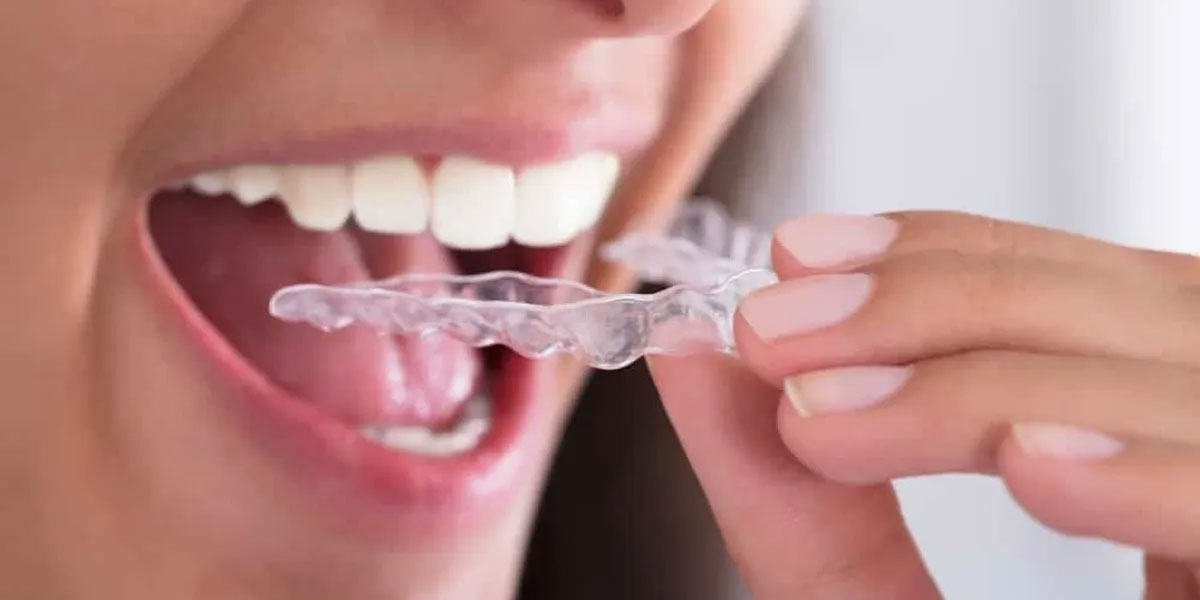
There are different types of TMJ or TMD splints, each one has its special design, indication and precautions.
At Green Health Dental Clinic our dentists will thoroughly evaluate the masticatory system dynamics and perform a comprehensive examination of patient's TMJ and its related structures to be able to choose correct splint / appliance perfectly for the treatment.
TMJ or TMD splint (also called as the stabilization appliance) is generally fabricated for the maxillary arch (upper jaw) which provides a relationship of bite considered optimal for the patient. The treatment goal of the stabilization appliance is to eliminate etiologic factor appropriately.
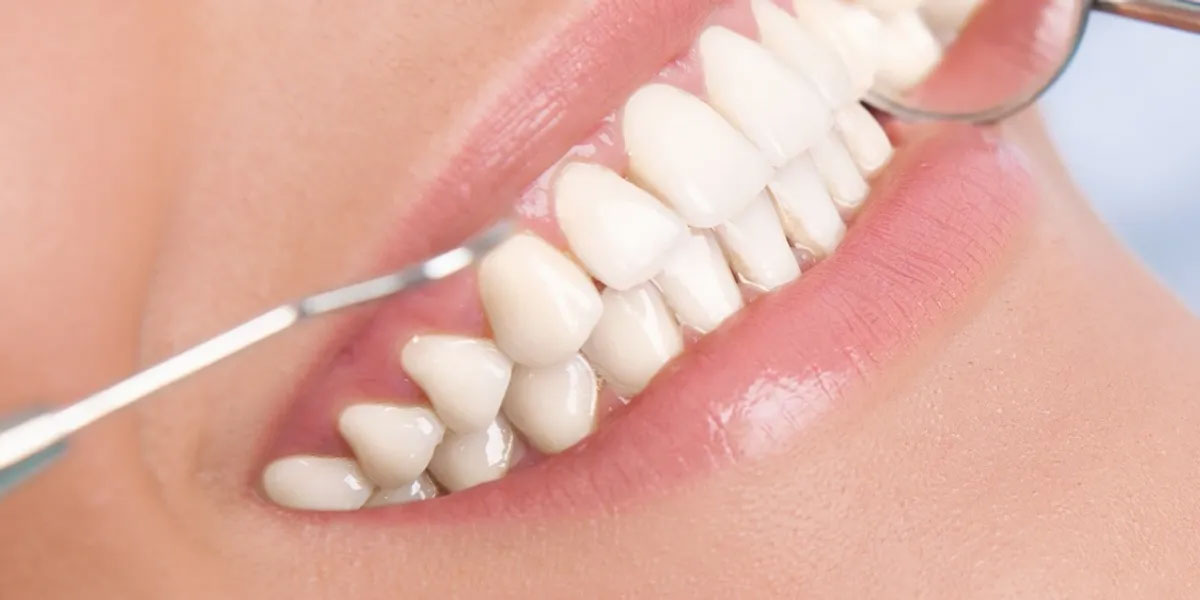
Occlusion or Bite is the relationship between the maxillary (upper) and mandibular (lower) teeth when they approach each other, as occurs during chewing or at rest.
To better understand how bite occlusion works, people need to be aware that muscles of mastication (muscles used during biting or during jaw movements) work together to generate incredible forces. When the teeth are misaligned, the force can be destructive which can affect the muscles in the head, neck, jaws and jaw joints.
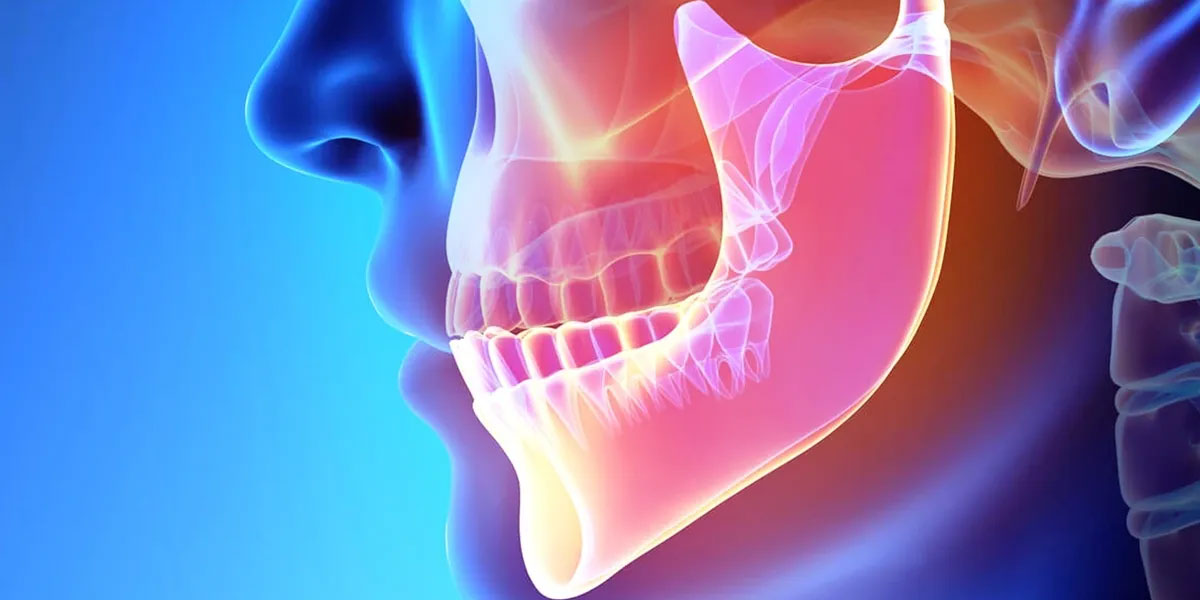
Stomatognathic System is a system that comprises of a highly coordinated structure comprising the human masticatory apparatus.
Stomatognathic system is a system composed of several parts capable of acting as a single unit for the processes of: mastication, deglutition, phonation, respiration, other behavioral characteristics or activities, etc.
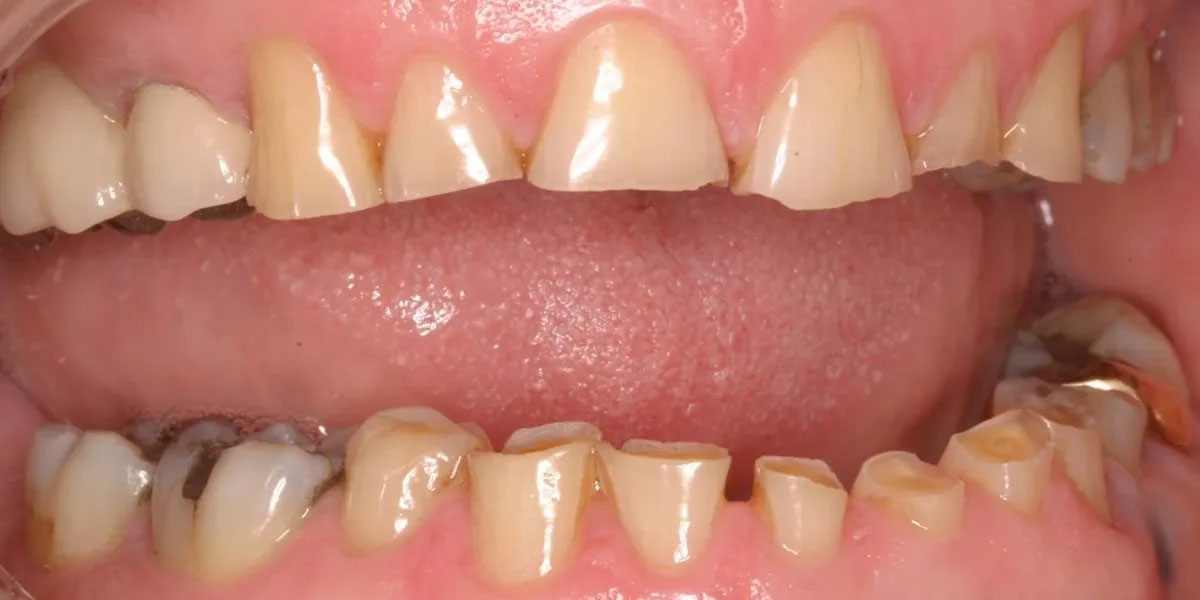
Teeth grinding and jaw clenching is called Bruxism.
It does not usually cause harm, but when teeth grinding occurs on a regular basis it can wear down your teeth over time, the teeth can be damaged with broken teeth or fillings and other oral health complications arises. Some people get facial pain and headaches, earache, disrupted sleep, pain and stiffness in the jaw joint (temporo-mandibular joint) and surrounding muscles, which can lead to temporo-mandibular disorder (TMD).
Most people who grind their teeth and clench their jaw are not aware they're doing it. It often happens during sleep, or while concentrating or under stress.
At Green Health Dental Clinic we provide treatment for Bruxism using different measures:
Mouth guard or Mouth splint reduces the sensation of clenching or grinding your teeth. They also help reduce pain and prevent tooth wear, as well as protecting against further damage.
Other treatments include muscle-relaxation exercises and sleep hygiene. For stress or anxiety, behavioural therapy may be recommended.
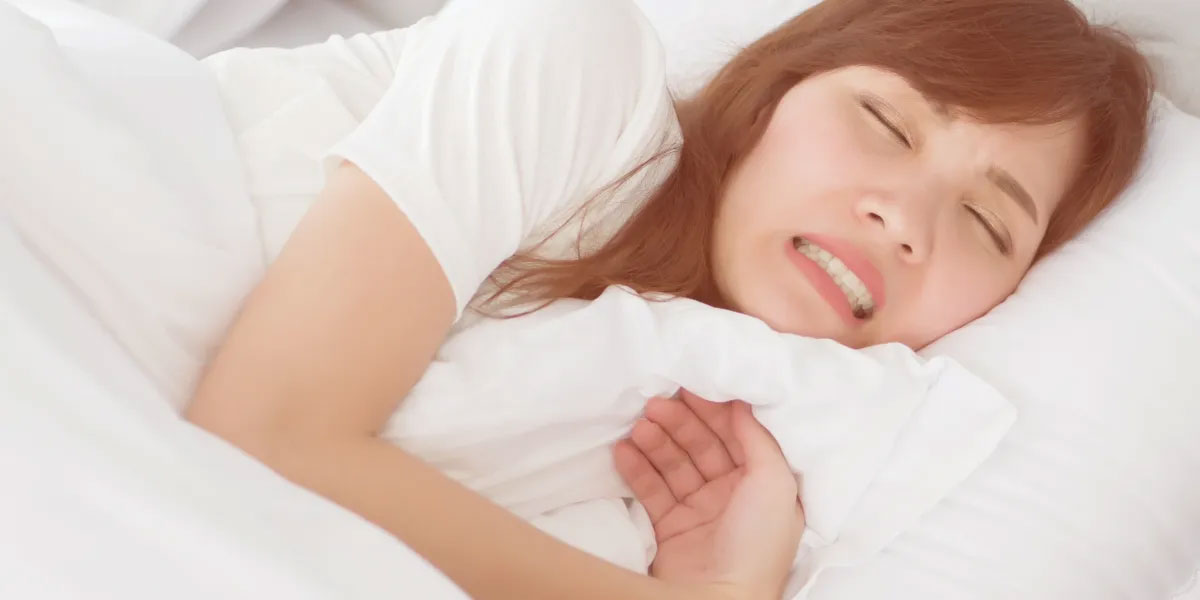
Night Grinding is unconsciously clenching or grinding of teeth during sleep (Sleep Bruxism).
Sleep Bruxism is considered a sleep-related movement disorder. People who clench or grind their teeth (brux) during sleep are more likely to have other sleep disorders, such as snoring and pauses in breathing (Sleep Apnea).
Night grinding can be frequent and severe enough to lead to jaw disorders, headaches, damaged teeth and other problems. You may be be unaware of it until complications develop, it's important to know the signs and symptoms and to seek regular dental check ups.
Risk Factors: Anxiety or Stress, Anger and frustration, Medications, Smokin, Alcohol, Medical disorders, such as Parkinson's disease, dementia, gastroesophageal reflux disorder (GERD), epilepsy, night terrors, sleep-related disorders such as sleep apnea, and attention-deficit/hyperactivity disorder (ADHD).
Treatment: Mouth guard or splint therapy.
For stress or anxiety, behavioural therapy may be recommended.